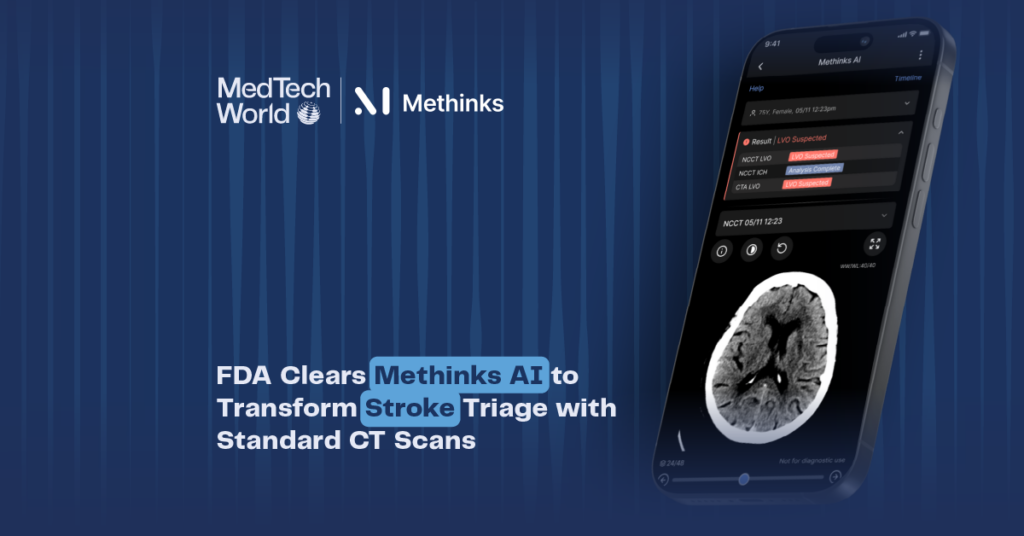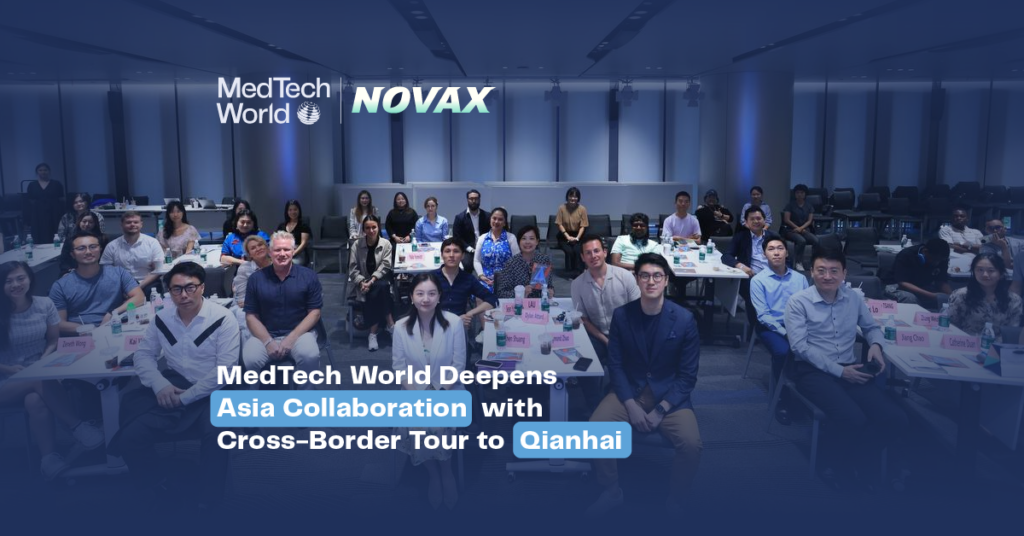
Wara Samar
9th July 2025
Lunit and Microsoft Partner to Make AI in Cancer Care More Practical
Cancer diagnostics are getting smarter, and not just in theory. Lunit, a South Korea-based company focused on AI-powered cancer detection, has joined forces with Microsoft to bring intelligent, scalable solutions directly into the hands of radiologists and clinicians around the world. But this isn’t about flashy AI demos or theoretical promise—this collaboration is about making AI work where it matters most: inside real hospitals, with real patients.
At the heart of this partnership is a shared goal: to make AI in healthcare more usable, reliable, and adaptable to the complexities of clinical reality. For Lunit, this is a step beyond offering standalone AI tools. It’s about building systems that plug into the daily work of clinicians, improving not just individual diagnoses but entire workflows from the moment a patient enters a clinic to when they receive a treatment plan.
Making AI Fit the Clinic, Not the Other Way Around
One of the major pain points in deploying AI in healthcare is variability. Models trained on data from one hospital don’t always perform as well in another. That’s because clinical practices, equipment, and patient populations vary dramatically from place to place.
To address this, Lunit and Microsoft are co-developing a service on Azure that allows hospitals and clinics to fine-tune AI models using their own site-specific data. It’s a move toward personalization in diagnostics—less “one-size-fits-all,” more “made-for-you.”
If successful, this could reduce one of the biggest hurdles in AI deployment: the trust gap. Clinicians are far more likely to adopt a tool that reflects their patient population and aligns with their workflow. This isn’t just a tech upgrade; it’s a shift in how medical AI is built, validated, and deployed.
Also Read: MedTech World Bay Area 2025 Drew 100 Startups & 150 Investors to San Jose
Automating the Gritty Bits of Care
The collaboration also taps into Microsoft’s AI infrastructure not just for training models but for rethinking the entire care pathway. Lunit plans to use Microsoft’s agentic AI frameworks to automate parts of the clinical workflow, reducing the cognitive load on physicians and freeing up time for more complex decision-making.
Think of it as AI stepping into the role of a behind-the-scenes assistant—handling repetitive tasks, flagging abnormalities, and ensuring that radiologists don’t miss important insights under piles of scans. Done right, this could make diagnosis both faster and more consistent, especially in under-resourced settings.
A Strategic Move in the U.S. and Beyond
This collaboration comes shortly after Lunit’s acquisition of Volpara, a Microsoft Industry Health Certified Partner known for its breast cancer detection software. The timing isn’t incidental. With Volpara’s existing footprint in the U.S. and Microsoft Azure’s cloud infrastructure, Lunit is positioning itself to scale rapidly across one of the most complex healthcare systems in the world.
For Lunit, this is a chance to go global in a meaningful way—not just expanding access to its tools, but adapting them to the needs and nuances of different healthcare environments.
As Brandon Suh, CEO of Lunit, puts it in a statement: “For AI to truly make an impact in healthcare, it must be accessible, scalable, and seamlessly integrated into clinical practice.”
That integration is finally starting to look like a reality—not just because of better algorithms, but because companies like Lunit and Microsoft are designing their tools with the messiness of real-world care in mind.
Meet the Minds Behind the Tech at MedTech Malta 2025
Want to see where conversations like these are heading next? Join us at MedTech Malta 2025, happening 12–14 November 2025. The global gathering will bring together industry leaders, innovators, and clinicians exploring how AI, data, and digital health are changing the way care is delivered everywhere.





